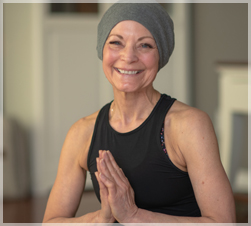Gynecologic oncology is a specialized field of medicine that focuses on cancers of the female reproductive system, including ovarian cancer, uterine or endometrial cancer, vaginal cancer, cervical cancer, and vulvar cancer.
Compared to other types of cancer, gynecologic cancers are less common, occurring in about 100,000 women in the United States each year. That said, all women are at risk for developing gynecologic cancers, and the risk increases with age. It’s important to know the warning signs, as treatments are most effective when the cancer is found at an early stage.
General risk factors for women include:
- Excessive bodyweight
- Excessive alcohol consumption
- Family history of gynecologic (particularly ovarian) and breast cancers
Not every gynecologic cancer has a screening test, so it is important to recognize any signs or symptoms early and seek care from your doctor if you notice any changes. Abnormal vaginal bleeding or discharge is common in all gynecologic cancers except vulvar cancer. Pelvic pain or pressure is also common. However, not all women with gynecologic cancer have the same symptoms. Additionally, sometimes symptoms are are difficult to recognize because they may be caused by or related to other conditions.
GYN Oncology Program at Riverside
Our experts at Riverside provide the most up-to-date cancer care for women, with treatment options that range from surgery to chemotherapy, radiation, immunotherapy and radiosurgery. Depending on the stage and location of the cancer, you may need a combination of treatments. From diagnosis through treatment and support, our experts can provide the care that you need locally.
Our multidisciplinary team includes experienced surgical, medical and radiation oncologists, radiologists, pathologists, researchers, nurses, nutritionists, and navigators who care for each patient as we would care for our own family members.
Our team will walk you through the treatment process, making sure you know what to expect and where to find helpful resources, such as counseling, nutrition advice or palliative care.


